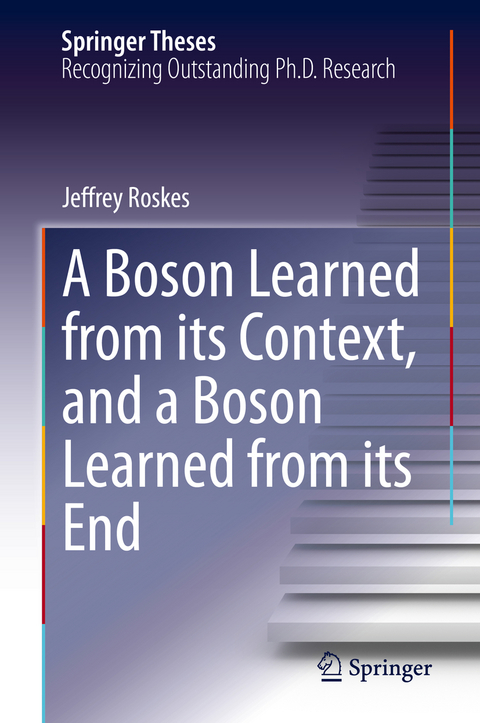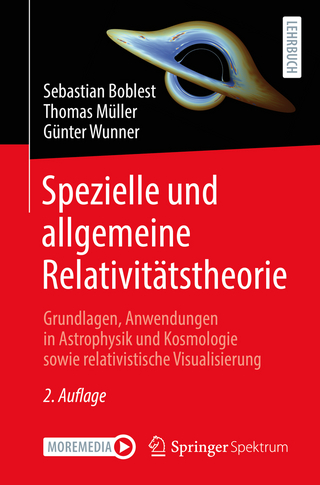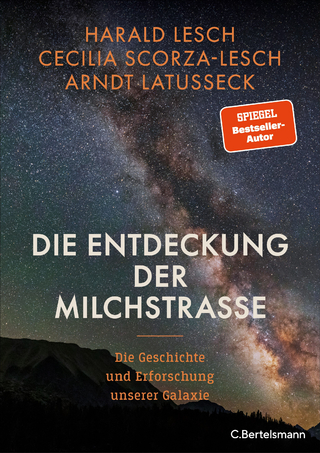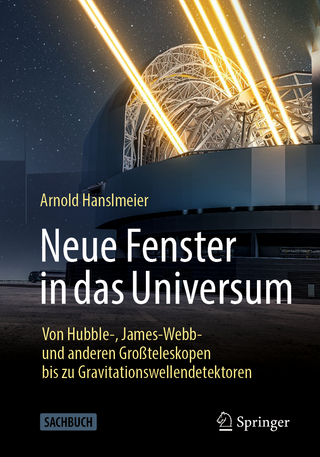
A Boson Learned from its Context, and a Boson Learned from its End
Seiten
2020
|
1st ed. 2020
Springer International Publishing (Verlag)
978-3-030-58010-0 (ISBN)
Springer International Publishing (Verlag)
978-3-030-58010-0 (ISBN)
This thesis develops fundamental ideas and advanced techniques for studying the Higgs boson's interactions with the known matter and force particles. The Higgs boson appears as an excitation of the Higgs field, which permeates the vacuum. Several other phenomena in our Universe, such as dark energy, dark matter, and the abundance of matter over antimatter, remain unexplained. The Higgs field may prove to be the connection between our known world and the "dark" world, and studies of the Higgs boson's interactions are essential to reveal possible new phenomena. The unique feature of this work is simultaneous measurement of the Higgs boson's associated production (its context, to use the language of the title) and its decay (its end), while allowing for multiple parameters sensitive to new phenomena. This includes computer simulation with Monte Carlo techniques of the complicated structure of the Higgs boson interactions, the matrix-element calculation of per-event likelihoods for optimal observables, and advanced fitting methods with hundreds of intricate components that cover all possible parameters and quantum mechanical interference. This culminates in the most advanced analysis of LHC data in the multi-parameter approach to Higgs physics in its single golden four-lepton decay channel to date. Optimization of the CMS detector's silicon-based tracking system, essential for these measurements, is also described.
Jeffrey Roskes is an Assistant Research Scientist at Johns Hopkins University, Baltimore, USA. He received his PhD from Johns Hopkins University in 2019.
Chapter 1: Introduction.- Chapter 2: The Experiment.- Chapter 3: Alignment and calibration of the CMS tracker.- Chapter 4: Phenomenology of Higgs boson interactions.- Chapter 5: Higgs boson data analysis.- Chapter 6: Conclusions and future directions.
| Erscheinungsdatum | 06.01.2021 |
|---|---|
| Reihe/Serie | Springer Theses |
| Zusatzinfo | XVII, 130 p. 77 illus., 70 illus. in color. |
| Verlagsort | Cham |
| Sprache | englisch |
| Maße | 155 x 235 mm |
| Gewicht | 395 g |
| Themenwelt | Naturwissenschaften ► Physik / Astronomie ► Astronomie / Astrophysik |
| Naturwissenschaften ► Physik / Astronomie ► Atom- / Kern- / Molekularphysik | |
| Naturwissenschaften ► Physik / Astronomie ► Hochenergiephysik / Teilchenphysik | |
| Naturwissenschaften ► Physik / Astronomie ► Quantenphysik | |
| Schlagworte | CMS Data Analysis • Higgs boson data analysis • Higgs Boson Decay • Higgs boson interactions • Higgs boson production • Higgs Mechanism • phenomenology of Higgs boson |
| ISBN-10 | 3-030-58010-5 / 3030580105 |
| ISBN-13 | 978-3-030-58010-0 / 9783030580100 |
| Zustand | Neuware |
| Haben Sie eine Frage zum Produkt? |
Mehr entdecken
aus dem Bereich
aus dem Bereich
Grundlagen, Anwendungen in Astrophysik und Kosmologie sowie …
Buch | Softcover (2022)
Springer Spektrum (Verlag)
49,99 €
die Geschichte und Erforschung unserer Galaxie
Buch | Hardcover (2023)
C.Bertelsmann (Verlag)
30,00 €
Von Hubble-, James-Webb- und anderen Großteleskopen bis zu …
Buch | Softcover (2024)
Springer (Verlag)
22,99 €


